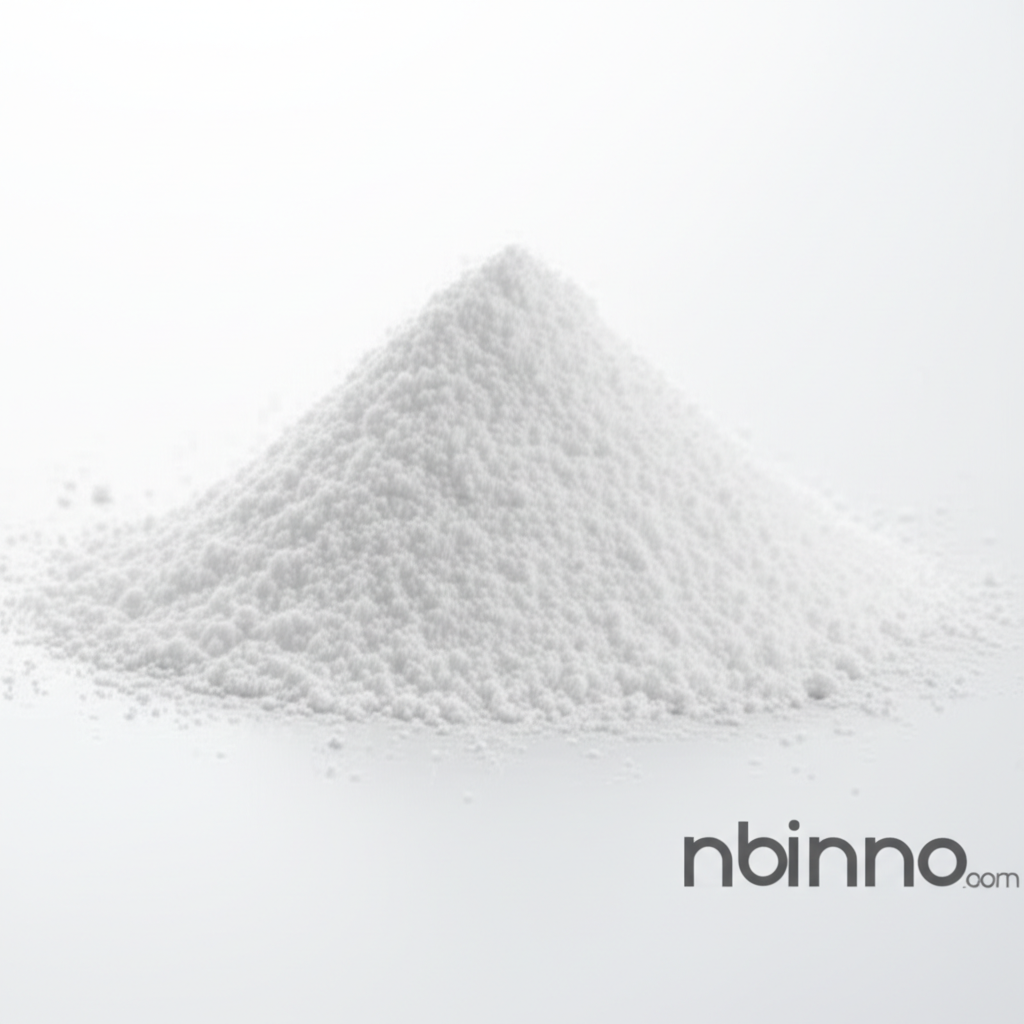Microcrystalline Cellulose: Properties, Applications, and Benefits
Discover the versatile uses and exceptional properties of Microcrystalline Cellulose in pharmaceuticals, food, and cosmetics.
Get a Quote & SampleProduct Core Value

Microcrystalline Cellulose
Microcrystalline Cellulose (MCC) is a purified, partially depolymerized cellulose, widely utilized across industries for its remarkable properties as an excipient and additive. It serves as an excellent binder and diluent in tablet formulations, contributing to tablet hardness and disintegration.
- High compressibility and excellent binding properties make it a preferred excipient for tablet manufacturing, facilitating the creation of robust tablets.
- Its inert, odorless, and tasteless nature ensures it does not interfere with the active ingredients or sensory experience of the final product.
- The microcrystalline cellulose food grade applications highlight its safety and functionality as a dietary fiber and emulsification stabilizer.
- Understanding the various microcrystalline cellulose grades and their specific applications is key to optimizing product performance and manufacturing efficiency.
Key Advantages
Enhanced Compressibility
Microcrystalline cellulose exhibits exceptional compressibility, allowing for the formation of strong, well-formed tablets even under low compression pressures, a crucial aspect of tablet formulation.
Superior Flow Properties
Certain grades of MCC offer improved flowability, which is essential for consistent die filling during high-speed tableting, a common challenge in direct compression tableting.
Versatile Application as Binder
Its effectiveness as a binder in both wet granulation and direct compression methods makes it a highly versatile excipient for a wide range of pharmaceutical products, aligning with pharmaceutical excipient science.
Key Applications
Pharmaceuticals
As a primary excipient, MCC is integral to the production of tablets and capsules, acting as a diluent, binder, and disintegrant, playing a crucial role in pharmaceutical product development.
Food Industry
In the food sector, MCC serves as a dietary fiber and a functional additive, improving emulsification stability and texture in various products, showcasing its natural food additives capabilities.
Cosmetics & Personal Care
MCC is used in cosmetic formulations for its texturizing and binding properties, contributing to the consistency and efficacy of skincare and personal care products, a key area in cosmetic ingredient science.
Direct Compression
Its excellent compressibility and flow characteristics make MCC a preferred choice for direct compression tableting, simplifying the manufacturing process and reducing costs, a core concept in advanced tablet manufacturing.
